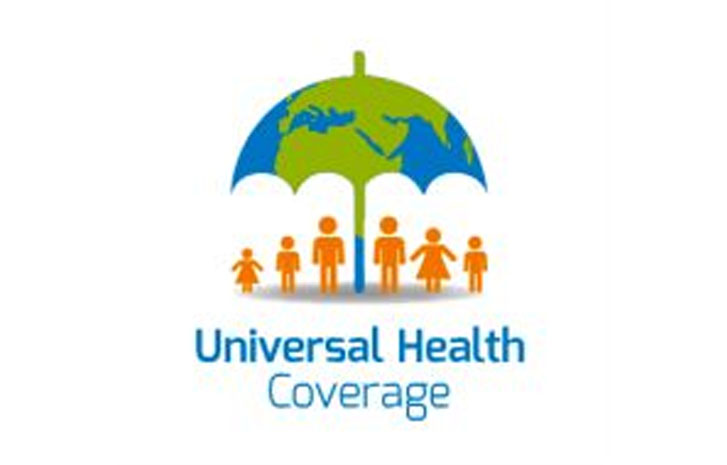By Iyemah David
The Federal Government of Nigeria says it has recorded major progress in digital health and health financing as part of ongoing efforts to accelerate Universal Health Coverage (UHC) in Nigeria.
Minister of State for Health and Social Welfare, Dr Iziaq Salako, disclosed this on Thursday while addressing the 66th National Council on Health (NCH) in Calabar, Cross River State.
Dr Salako said the government remained committed to ensuring equitable access to quality healthcare for all Nigerians.
He said that 7.2 million Nigerians were now registered on the National Health Information Exchange, describing it as a milestone in the country’s digital health transformation.
Salako said more than 200 hospitals had adopted Electronic Medical Record (EMR) systems, while the Global Health Initiative had provided digital health information to 4.5 million users.
He highlighted the Edo State Digital Health Initiative, which had recorded biometric registration of 850,000 residents, reduced vaccine wastage by 23 per cent through digital tracking, and delivered e-medicine consultations to 12,000 rural patients.
The minister said the government was prioritising equity in health financing, especially for vulnerable groups, adding that public funding alone could not meet the country’s needs.
He called for expanded public-private partnerships, including private sector management of health facilities and performance-based contracting for specialised services.
He also outlined plans for innovative financing models, including fair taxation, new taxes on tobacco, alcohol and sugar-sweetened beverages, and a proposed diaspora health investment fund expected to raise $500 million.
These measures, he added, would complement new tax laws due for implementation in January 2026.
On human resources, Dr Salako said the ministry was working with training institutions to strengthen capacity, implement the National Health Workforce Registry, and improve monitoring of continuous professional development.
He also called for increased local production of essential medical supplies and support for the federal PIVAC initiative to boost domestic manufacturing of health commodities.
He lauded subnational governments for advancing UHC reforms, citing Lagos, Kaduna, Ogun, Delta, Kano, Bauchi, Cross River, Niger, Kwara and Edo as examples of innovation.
Lagos, he said, had enrolled more than six million residents in health insurance, while Cross River had achieved 20 per cent coverage, above the national average.
Dr Salako urged states to set ambitious health insurance targets and commit at least 15 per cent of their annual budgets to health over the next five years, commending Bauchi, Abia, Yobe, Kaduna and Kano for already surpassing the benchmark.
He appealed to striking health workers to suspend industrial action in the national interest, assuring that the ministry and the presidency were addressing longstanding challenges in the sector.
He also commended workers who had continued service in spite of constraints.
Quoting the WHO Director-General, he said, “Universal Health Coverage is a political choice,” and urged all stakeholders to make that choice boldly and collectively.
He added that Nigeria had to build a future in which quality healthcare was a guaranteed right and no family was pushed into poverty due to medical costs.
The National Council on Health (NCH), inaugurated in 1961, remains Nigeria’s highest health policy-making body.
It provides a forum for federal and state leaders to harmonise reforms, evaluate sector performance, and set national health priorities.




